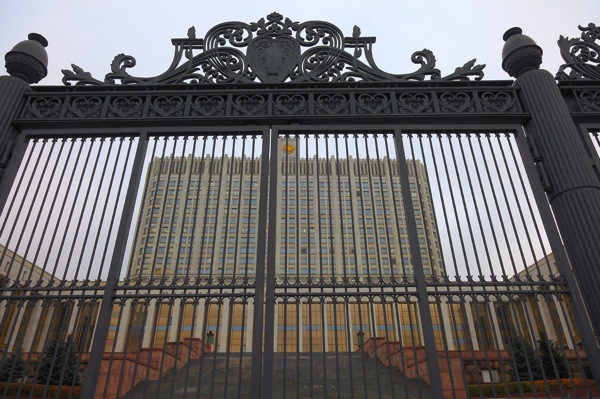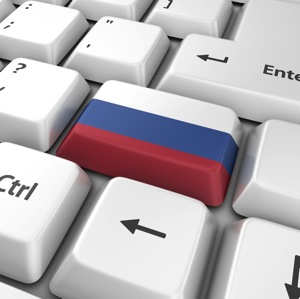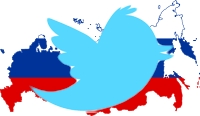Russia accelerates requirement for local Internet control
 On September 24, the Russian Duma passed a bill moving the date on which all Internet services must host local data locally from Sept 1, 2016 to Jan 1, 2015. That is an effectively impossible timeline for international Internet companies, which is probably the whole point.
On September 24, the Russian Duma passed a bill moving the date on which all Internet services must host local data locally from Sept 1, 2016 to Jan 1, 2015. That is an effectively impossible timeline for international Internet companies, which is probably the whole point.
While the bill has not been finally passed, the remaining steps are mostly formality.
Russia is suggesting that foreign firms could rent infrastructure, if they will have no time to build, giving Russia even stronger leverage.
My original post on the law was back in July, and I talked about other Russian Internet control and censorship activity here.
https://www.youtube.com/watch?v=FmH4hK05_78
Lance Cottrell is the Founder and Chief Scientist of Anonymizer. Follow me on Facebook, Twitter, and Google+.
 The Russian Ministry of Internal Affairs recently announced a contest to create a method to identify Tor users, with a prize of about $114,000.
The Russian Ministry of Internal Affairs recently announced a contest to create a method to identify Tor users, with a prize of about $114,000.
